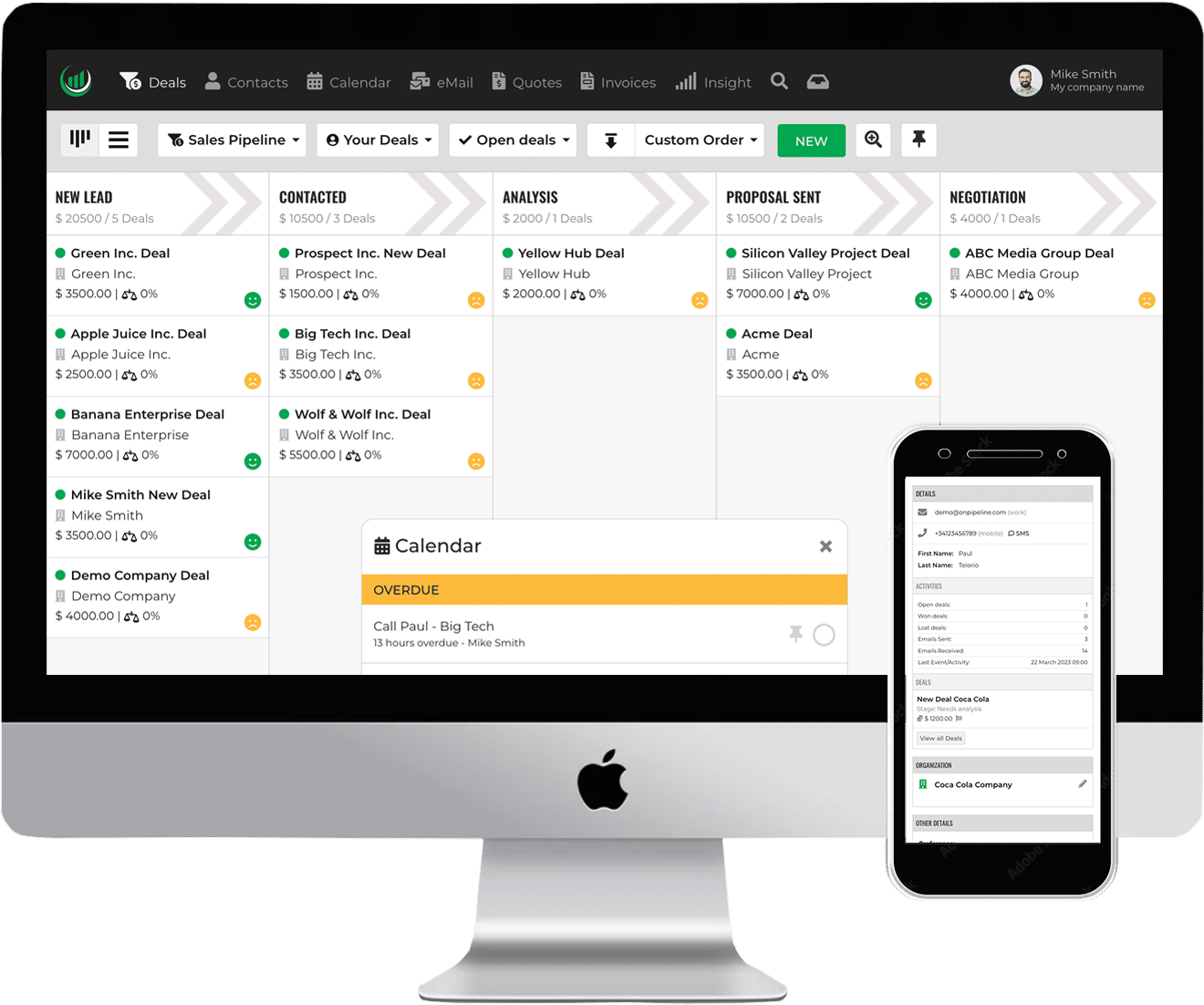To be good at wholesale and distribution, you need to move goods fast and cheaply. This means getting them from manufacturers to retailers and businesses. This involves a number of factors, including:
Inventory management: Wholesalers and distributors must have enough inventory to meet customer needs. Too much inventory can tie up capital and lead to obsolescence, while too little inventory can lead to stockouts and lost sales.
Warehouse management: Wholesalers and distributors must have efficient warehouses to quickly and accurately fulfill orders. This involves using the right equipment, software, and processes.
Transportation: Wholesalers and distributors need to have efficient transportation systems in order to move goods from their warehouses to their customers. This involves using the right mode of transportation and optimizing routes.
Profitability in Wholesale and Distribution
Profitability in wholesale and distribution refers to the ability to generate a profit from B2B sales. These are the performance indicators that are commonly used:
1. Gross margin
The difference between the cost of goods sold and the net sales revenue. The gross margin is a measure of how well a wholesaler or distributor is able to mark up its products.
Gross Margin = (Revenue - Cost of Goods) / Revenue × 100%
2. Operating expenses
The costs that a wholesaler or distributor faces in order to operate its business. These costs include rent, utilities, payroll, and advertising.
– Salaries and wages
– Rent and utilities
– Transportation
– Marketing and advertising
– Insurance
– Supplies
– Professional fees
– Other expenses
3. Net profit
It is the difference between gross margin and operating expenses. The net profit is a measure of how profitable a wholesaler or distributor is.
Net Profit = Revenue - Cost of Goods - Operating Expenses
Improving Profitability and Efficiency
There are a number of things that wholesalers and distributors can do to improve efficiency and profitability. These include:
Manufacturing and distribution principles
Lean manufacturing and distribution principles focus on eliminating waste and improving efficiency. We can simplify things by making processes smoother and getting rid of unnecessary tasks.
Use technology
Wholesalers and distributors can use software to automate tasks. This includes managing inventory and processing orders.
Outsource non-core functions
To improve efficiency and profits, wholesalers and distributors can hire external help for transportation and logistics.
Focus on customer service
To boost sales, wholesalers and distributors should offer excellent customer service, fostering loyalty.
Invest in employee training
Giving employees the necessary training can boost efficiency and productivity in their work. Wholesalers and distributors can improve efficiency, profitability, and competitiveness by using these strategies.
Tips for Improving
Build strong relationships with suppliers and customers – Wholesalers and distributors can benefit from strong relationships with suppliers and customers. These relationships help them secure better deals and build loyalty.
Use data and analytics to make informed decisions – Wholesalers and distributors can use data and analytics to find ways to work better and make more money.
Stay up-to-date on industry trends – Wholesalers and distributors must stay updated on industry trends to stay competitive in the changing market.
Common sales-related issues
Both wholesale and distribution face various challenges, including sales-related issues that can hinder growth and profitability. Here are some of the most common sales problems:
1. Inefficient sales processes
Sales processes can become inefficient when data is entered manually, old sales tools are used, and there is a lack of standardization. This wastes time, reduces productivity, and increases the risk of errors.
2. Poor customer relationship management
Wholesalers and distributors have many customers, so it can be hard to build relationships and offer personal service. If you don’t manage customer relationships well, you may lose customers, sales, and reputation.
3. Limited sales visibility
Wholesalers and distributors often can’t see how sales are doing right away. This makes it hard to see trends, track progress, and make good decisions.
4. Inefficient sales forecasting
Accurate sales forecasting is important for planning inventory, managing resources, and making business decisions. Inefficient sales forecasting can lead to stockouts, overstocks, and missed opportunities.
5. Inadequate sales training
Salespeople are important for wholesalers and distributors. If they don’t get trained well, they may use bad sales techniques, interact badly with customers, and miss sales chances.
6. Lack of sales automation
Tasks like finding potential customers, keeping track of contacts, and following up on opportunities can take up a lot of time and be prone to mistakes. A lack of sales automation can hinder productivity and reduce sales efficiency.
7. Ineffective sales reporting and analytics
Wholesalers and distributors use reporting and analytics to understand sales and make data-driven decisions. This helps them improve their operations.
8. Ineffective channel management
Wholesalers and distributors sell in multiple ways, like direct sales, retail, and online. Poor channel management can cause problems with pricing, messaging, and customer service, hurting sales.
CRM solution for Distributors & Wholesalers
A CRM can solve many problems, but not all features, like inventory management, are related to CRM and sales. ERP functions are not part of CRM.
Onpipeline is a cloud-based CRM and can help distributors and wholesalers. It improves efficiency, profitability, and customer relationships.
Onpipeline CRM software for Distributors and Wholesalers offers many features that can benefit distributors and wholesalers, including:
Streamlined sales and marketing processes
CRM helps distributors and wholesalers simplify their sales and marketing tasks. To do this, they automate tasks such as finding customers, managing contacts, and tracking sales opportunities with a sales pipeline. Salespeople can have more time to close deals and build relationships with customers.
Enhanced customer service
CRM helps distributors and wholesalers improve customer service. They use a centralized platform to manage interactions. Businesses can use CRM to keep track of customer inquiries, quickly resolve issues, and provide personalized service.
Increased sales visibility
Onpipeline helps distributors and wholesalers see how well they’re selling by giving them real-time sales data. This can help businesses identify areas where they can improve their sales performance and make data-driven decisions.
Improved forecasting accuracy
CRM can help distributors and wholesalers. It provides insights into customer demand trends and improves forecasting accuracy. This can help businesses plan for future sales and avoid costly stockouts and oversells.
Onpipeline is a strong CRM software. It helps distributors and wholesalers with efficiency, profitability, and customer relationships. Onpipeline’s cloud system is user-friendly and can assist businesses of any size in reaching their objectives.



